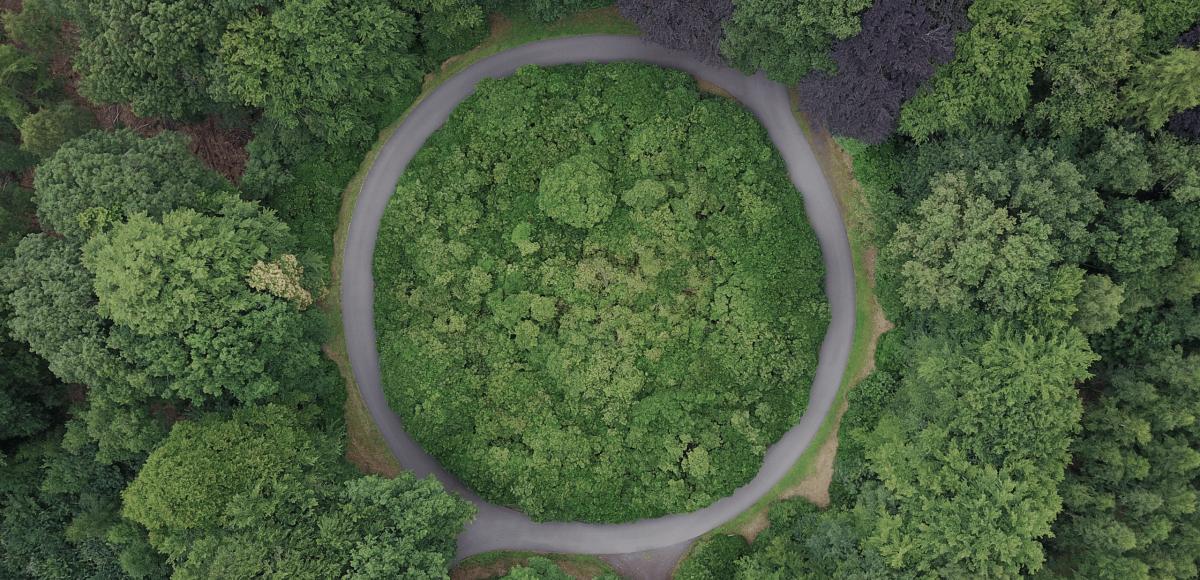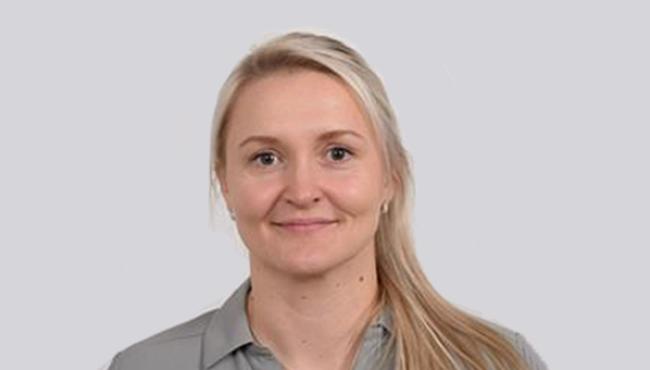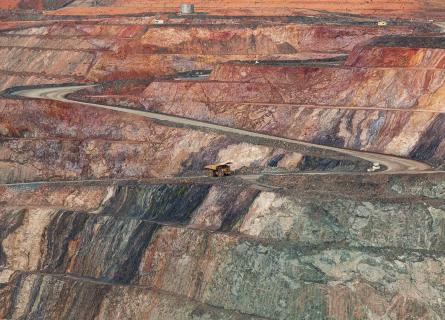
The Battery Sector in a Carbon-Neutral Circular Economy
The “Take–Make–Waste” economic model is unsustainable, and nowhere is this clearer than in the battery supply chain.
However, by learning from neighbouring industries and responding to technical and societal advances, we can begin the pivotal transition towards a carbon-neutral circular economy.
“Take–Make–Waste”
The global economy is still largely based on a linear economic model, a “take–make–waste” system. We tend to plan like there are endless resources and find ourselves believing that the transition to green energy production will be a sufficient adaptation of our economy, allowing for our current models of consumption to continue unchanged.
However, overuse of natural resources, climate change adaptation and mitigation, biodiversity loss, and environmental pollution are all tightly linked, as noted in our previous article “Planet-sized scarcity”. According to an estimate by the International Resource Panel, the extraction and processing of natural resources causes approximately 50% of greenhouse gas emissions and 90% of biodiversity loss 1 . Conversely, when progressing towards a carbon-neutral economy, we find ourselves in need of green energy, electrified transport, and energy storage systems, all of which will necessitate increased pressure on raw materials.
We are already seeing the impacts of a shortage of these raw materials. This poses a significant challenge in the production of net zero transition technologies, such as wind turbines, solar power, hydrogen production, and battery storage. In our articles “Vulnerabilities of the Battery Supply Chain for European Utility Storage Providers” and “How can storage providers improve the resilience of their battery supply chains?”, we have noted that despite these shortages, we continue to be wasteful, routinely losing valuable materials from within the supply chain.
Ending the overconsumption of natural resources will be key to achieving all our interwoven sustainability objectives, so what can be done?
Circular Economy
The circular economy proposes a different kind of consumption model, one which supports progress towards our climate goals whilst utilising fewer materials and avoiding intense environmental damage, such as biodiversity loss. The carbon-neutral circular economy will be a global economy based on the sustainable use of natural resources, operating within the limits of the planet's carrying capacity. The battery sector is still only beginning its transition towards a circular economy, however, there is much we can learn from how other industries have begun to alter their business models.

Material (Battery) passports will increase recovery potential
The effective reuse of components and materials requires that information is accurate and easily accessible. For example, in the building industry, BAMB has developed a “Materials Passport”, an electronic data bank of a product, material, or system, describing used materials and their reuse/recovery potential, as well as other predefined characteristics. When the product lifecycle is coming to an end, the materials passport presents information on its reuse/recycling value, design for disassembly, or other important specifics.
In the battery sector, a similar approach could be pursued. Transparent records of the materials included in batteries could make recycling more efficient, with valuable minerals and recycling value of the battery already known at the point it arrives at the recycling facility. In the case of reusable batteries, one could even consider offering the product as a service, with the passport logging temporary ownership.
Industry collaboration and novel technologies will increase resource efficiency - Case Study: Fortum
The battery sector is growing quickly in Finland and several large-scale battery projects are already underway across the country. Fortum, a Finnish state-owned energy company, already has a strong customer base for recycled battery materials and the know-how to recycle waste produced by European companies into high-quality raw materials. Additionally, Fortum has a small-scale battery recycling pilot plant in Harjavalta for testing new technology in recycling different materials. In the future, they aim to use lessons learned in a commercial-scale hydrometallurgical recycling plant, which will be completed in Harjavalta later this year. Fortum also has a mechanical battery processing and disassembly facility in Ikaalinen and a recycling facility in Tornio, which specialises in recycling process industry waste streams that contain valuable battery metals. 2
Pressure from regulation and market
The European Union has long promoted a sustainable future and is now focusing on a twin transition – digitalisation and the circular economy. Circular economy regulation can be found in the European Green Deal and the Circular Economy Action Plan. In addition, The European industrial strategy aims to ensure that European industry can lead by example in pursuing a worldwide carbon-neutral circular economy.
On batteries, the European Green Deal says:
A key achievement under the European Green Deal, the new law brings forward both the circular economy and zero pollution ambitions of the EU by making batteries sustainable throughout their entire lifecycle – from the sourcing of materials to their collection, recycling and repurposing. In the current energy context, the new rules establish an essential framework to foster further development of a competitive sustainable battery industry, which will support Europe's clean energy transition and independence from fuel imports. Batteries are also a key technology that plays a central role in advancing EU's climate neutrality by 2050. 3
In addition to this regulation, there is also growing demand for sustainable products and production in the market, as consumers become more environmentally conscious in their spending habits. Buyers will want to know how waste is being minimised, whilst application-life, reuse/recovery, and efficiency are being prioritised.
Lessons to learn
The battery sector must change from a linear economy to a carbon-neutral circular economy. There are plenty of existing circular economy business models that can help guide this transition:
- Material (Battery) passports could bring significant added value to the life cycle of battery minerals, simplifying logistics, recycling activities, and even preselecting future customers for post-recycling.
- Small-scale pilots should be used to test novel processes and technologies without huge initial investments.
- Collaboration between companies working in the same sector or geographical area could increase recycling and the use of by-products, decreasing the amount of waste significantly and minimising costs.
- Emerging technologies, regulations, and funding streams will be key to unlocking the potential of the battery circular economy.
We are all part of the change. Ask yourself, how will the necessity of this change be considered in your organisation's operations and business? What kind of targets would you like to set yourself? What are the risks if your organisation/company doesn't have a carbon-neutral circular economy action plan?
At AFRY, we are excited to use our expertise in helping you and your organisation answer these questions. We look forward to supporting you on your journey to find a place in the carbon-neutral circular economy.






